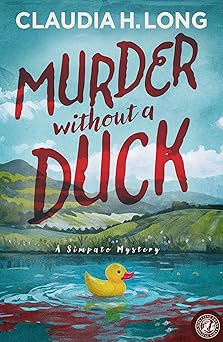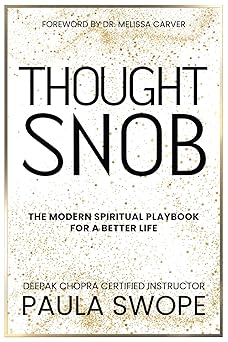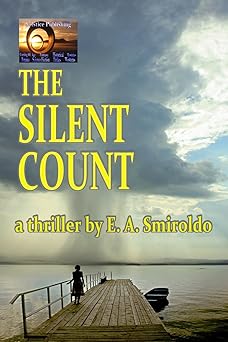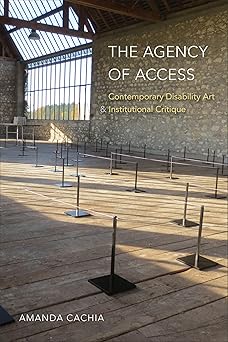Setting as inspiration: Instructions for the Working Day
Setting as inspiration: Instructions for the Working Day
 While pursuing my interest in the Cold War, I stumbled across an article in the Berliner Zeitung about Alwine, a tiny village crumbling all by itself in a forest in the former communist state of East Germany. I was fascinated by this lonely, forgotten place and wondered about the lives of those who still lived there.
While pursuing my interest in the Cold War, I stumbled across an article in the Berliner Zeitung about Alwine, a tiny village crumbling all by itself in a forest in the former communist state of East Germany. I was fascinated by this lonely, forgotten place and wondered about the lives of those who still lived there.
The mayor of Alwine’s greatest concern for the village was that ‘nothing will happen.’ It was those distressing words, and the image of an empty dog kennel with the sign—I watch here—which inspired the setting for Instructions for the Working Day and its unsettling undercurrent.
Alwine’s coal briquette factory once wafted sixteen tons of dust into the air every day. If the wind was blowing, laundry couldn’t be hung out to dry. Once the Berlin Wall fell and Germany reunified, millions travelled from east to west for better employment opportunities. Thousands of businesses in the east were either privatised or liquidated. Rural communities were left to rot.
In Alwine, the dust disappeared. The briquette factory became a museum which no one visited. Eventually the entire village was put up for sale. There has been limited interest. Nothing new can be built because it lies on agricultural land. Every morning, inquisitive deer emerge from the thickets to greet the fifteen remaining residents.
Studying pictures of Alwine in decay, I was reminded of a quote from The Peace Of Mowsle Barton, a short story by Saki: ‘…nothing seemed to belong definitely to anywhere; even the gates were not necessarily to be found on their hinges’.
My emotional engagement was instant. I began to imagine a tiny, vulnerable place like this as the setting for a novel: a village for sale, clinging to existence while paint cracked, plaster fragmented and roofs leaked. I felt it would create a distinctive place for my characters to meet, interact and develop. In addition, it would become a character itself.
Inspired by this unexpected find, I imagined a neglected hamlet called Marschwald with a working farm, a dusty village hall and an abandoned school with desks still in place, disintegrating textbooks and socialist propaganda posters peeling from the walls. I also added a decrepit watchtower on the track leading to the village.
The watchtower presents protagonist Neil Fischer—who inherits Marschwald after his father bought it at auction—with an ominous first impression. Then he sees a rusting steam locomotive, which once pulled the briquette wagons, thrusting defiantly from the vegetation tangled around its wheels. This is followed by a cluster of dilapidated buildings, an old farmhouse and a towering grain silo. In the rotting house where he stays, he has to wrestle with the temperamental plumbing just to have a shower. Under the trickle of brown water, he struggles to work out how he will fulfil his mission to renovate and save the village.
When I write a new story, I usually create my characters first, but with Instructions for the Working Day, the setting of Marschwald preceded Neil Fischer. Establishing the location helped to shape him, as if he were already standing in the shadows of the watchtower, waiting for me to connect him with his new surroundings. Like Rebecca without Manderley, or Harry Potter without Hogwarts, I couldn’t picture one without the other.
For example, Neil is fascinated by the silo’s commanding presence, how it soars above the farmyard. It makes him feel small, vulnerable and worthless, the way his cruel, oppressive father has always made him feel. And when he meets the villagers at their weekly bonfire, he fails to impress them and struggles to communicate, despite a yearning to take part in the occasion and to belong somewhere.
The village is also imbued with a sense of the past invading the present, a thick seam of sadness and insecurity. I am always intrigued by how the past shapes our personality, chipping away at the person we might have become and carving us into the person our suffering dictates we must be.
Memories of torment are deeply ingrained in Neil Fischer, threatening to overpower his grip on reality. The past has almost crushed him, just as it has damaged Marschwald, and both of them long to be saved.
Once I had written the scene where Neil Fischer—in essence an intruder—enters Marschwald, I felt the need to give a voice to one of the handful of lifelong villagers. I envisaged a middle-aged woman called Silke. The past has almost defeated her too, but in a different way from Neil. It is her country’s history, rather than her upbringing, which has played the major role.
While studying in East Berlin during the Cold War, Silke was constantly watched and exploited, then deceived and persecuted. Only now, when she takes a trip away from the village to go back and discover who betrayed her all those years ago, can she see the opportunities life ‘outside’ might bring. It is how she handles the knowledge which is important. It could either break and embitter her, or give her the courage to transform her life.
Silke’s new perspective in the city shifts the narrative from its village location and shows how the courage to precipitate change might only be found when we look further afield for answers. As I write this, however, Alwine still waits to be rescued.
—
Joanna is a full-time writer from the Cotswolds. Her novel, Instructions for the Working Day, will be published in August 2022 by Fairlight Books. Her short story collection, When Planets Slip Their Tracks, was shortlisted for the Rubery International Book Award and longlisted for the Edge Hill University Prize. Her novella-in-flash, Sybilla, won the inaugural National Flash Fiction Day Novella-in-Flash Award and will be published in June 2022.
Twitter: @joannacampbell_
Instagram: brightwriter60
INSTRUCTIONS FOR THE WORKING DAY
 ‘You go too far, my friend. You are near dangerous ground.’
‘You go too far, my friend. You are near dangerous ground.’
Neil Fischer owns a village. Having inherited his father’s former hometown of Marschwald in East Germany, left to deteriorate since the fall of the Berlin Wall, Neil faces the task of deciphering his demanding father’s last wish and restoring the derelict village to its former glory.
But when he travels to Marschwald with plans to renovate and revive it, he is met with hostility, mistrust and underlying menace. His only friend in Marschwald is Silke, who is coming to terms with her traumatic experiences during the Cold War and has recently uncovered a shocking truth, concealed from her for years by her controlling brother.
As tensions rise, a series of surreal encounters force Neil to contend with his own troubled past – but in his present, all signs point to danger.
BUY HERE
Category: On Writing























